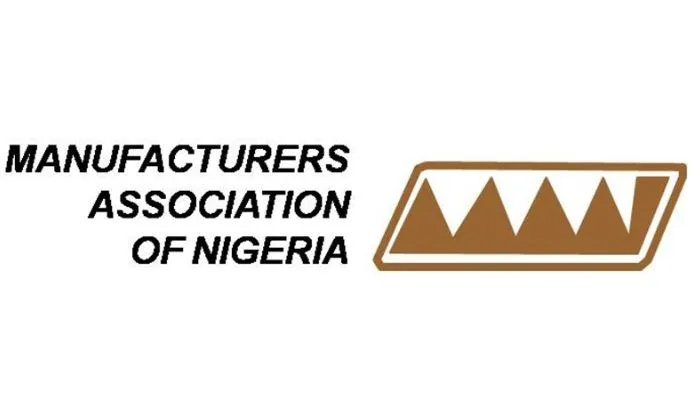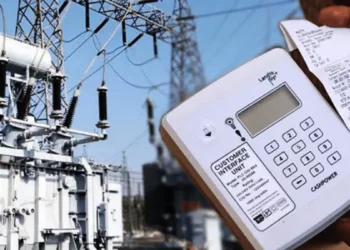The Manufacturers Association of Nigeria (MAN), has stated that the rising domestic debt is highly crowding out private investment in the manufacturing sector by reducing credit availability and forcing hike in lending rates.
This was contained in the MAN CEO’s Confidence Index (MCCI) for the first quarter of 2023.
The report stated that, “in the absence of commensurate infrastructural development and significant success in poverty-reduction and industrialisation programmes, Nigeria’s bloated debt profile has become a source of worry.”
As of December 2022, the country’s total debt had escalated to N46.25 trillion, marking about 17 per cent surge from the record of December 2021. The debt composition revealed that while domestic debt stock accounted for 59.6 per cent of the total debt, external debt stock contributed 40.4 per cent.
Director-general of MAN, Segun Ajayi-Kadir said, “Unfortunately, the country’s debt profile has ballooned to over N77 trillion following the approval of the securitisation of the Ways and Means advances. A whooping debt service-to-revenue ratio of over 100 percent may spell doom for the new administration leaving it to continue the borrowing spree or incapacitated to provide critical infrastructure needed to boost the manufacturing sector and kick start the recovery of the economy.”
He explained that the domino effects of escalating public debt on the manufacturing sector are endless, saying, external debts are mostly serviced in foreign currencies, hence, high demand for foreign currencies further depreciates the naira and makes importation of non-locally produced critical inputs highly expensive for manufacturers.
“Moreover, higher debt servicing is consuming greater volume of forex and worsening the forex scarcity that has plagued the manufacturing sector for many years. Higher debt repayment requires increased revenue.
“The Nigerian government has continued to breed a harsh business environment by its indiscriminate imposition of high and multiple taxes on manufacturers all in a bid to generate revenue,” he said
He noted that huge public debt led to low foreign investment and foreign capital inflow which worsen the forex scarcity that has remained a bone in the throat of manufactures.
He emphasised that, “the country’s debt crisis is not a result of inadequate revenue and it is anti-growth to view manufacturing taxes as the last resort for curbing the debt problem. The manufacturing sector which has always been at the receiving end has not felt any significant impact of the debt finance on the numerous challenges that have bedeviled its performance in many years.
“Infrastructure decadence, forex scarcity, credit crunch and naira depreciation have become bones in the throats of MAN members despite the humongous increase of over 410 per cent in the country’s debt profile in the last eight years.”
He added that, MAN is of the view that debt worth of N77 trillion is an enormous burden to inherit and will most likely limit the achievements of the new administration.
He recommended increment in the revenue base by widening the tax net through an enhanced data capture of business operators in the informal sector; strictly implement the Voluntary Assets and Income Declaration Scheme (VAIDS) through the Federal Inland Revenue Service (FIRS), further identify and amend the loopholes in the tax laws in order to reduce the leakage of tax revenues; among others.





